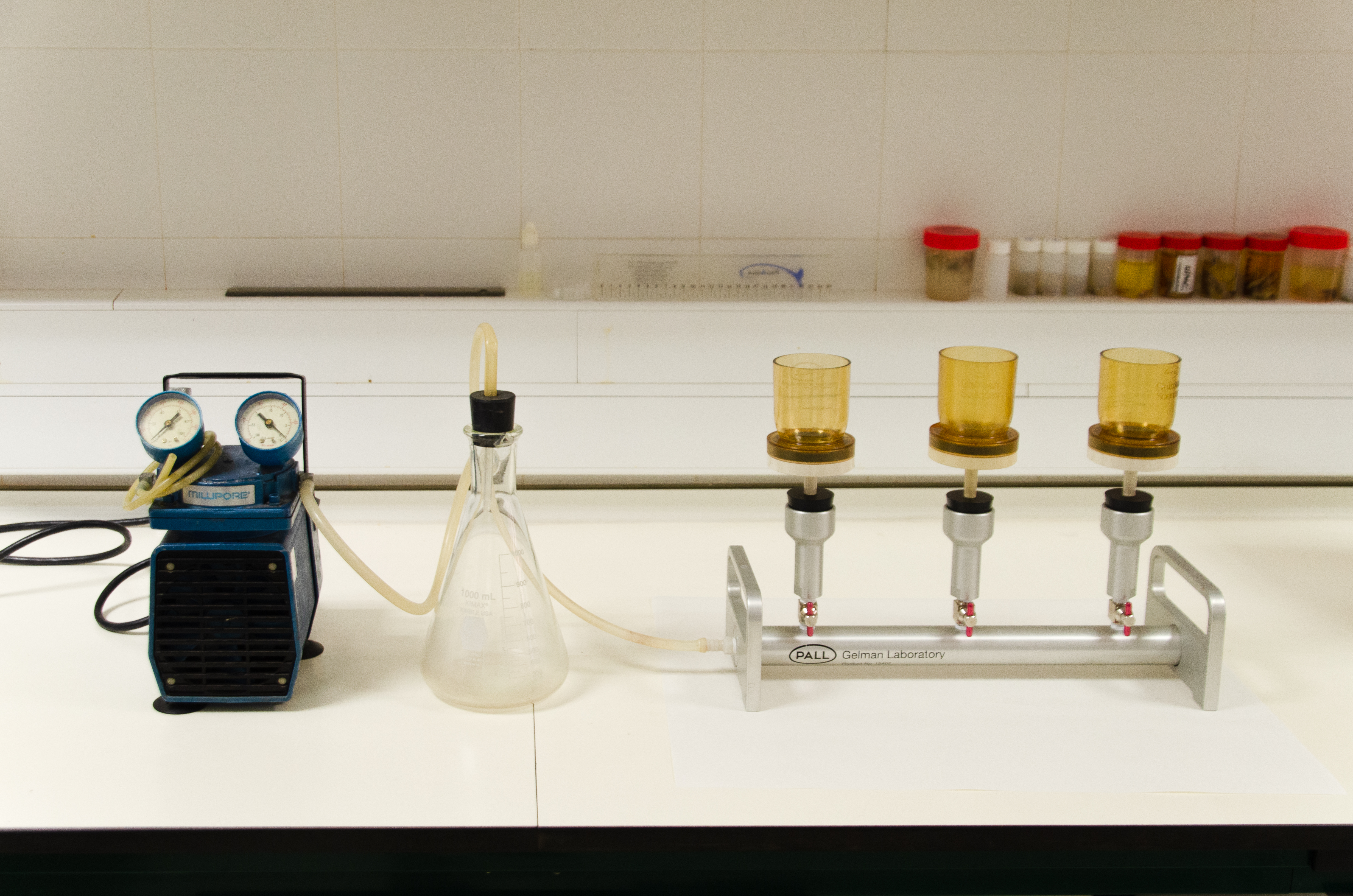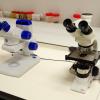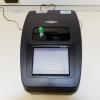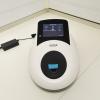- What is the IA2?
- Research and Transfer
- Services
- Press and dissemination
- Calls

Laboratory of Ichthyopathology
Location
University of Zaragoza. Faculty of Veterinary Medicine. Veterinary Hospital Building
Equipment
The ichthyopathology laboratory provides scientific and technical support in the diagnosis of infectious and parasitic diseases of fish and crustaceans, with special attention to salmonids and crayfish. Its activity covers both the service and diagnostic assistance for companies and Public Administrations, as well as the development of new diagnostic techniques.
It also supports epidemiological studies, specifically research on the influence of different factors in the presentation of fish diseases, both in the natural environment and in aquaculture. Of special relevance is the determination of physical, chemical and microbiological parameters of the water, as the main determinants in the appearance of the disease.
The laboratory has the capacity to carry out viral diagnostics by cell culture and serum neutralization, bacterial and fungal diagnostics by classical microbiology, parasite diagnosis by observation and specific stains, as well as histopathological and molecular techniques, including qPCR. For this purpose, the following resources are available:
- SmartSpec Plus UV/Vis Spectrophotometer. BioRAD
- UV/Vis Spectrophotometer DR 2800. Hach Lange.
- Dialux® 20 EB fluorescence microscope. Leitz
- DM 1000 optical microscope. Leica Microsystems
- Binocular magnifier 8x. Zeiss
- Vert A1 FL inverted fluorescence microscope. Axio
- HM 350S microtome. Heidelberg Microm.
- EC 350-2 modular kerosene embedding center. Myr
- Pump and filter ramp for physicochemical and microbiological analysis of water (Pall Gelman Laboratory).
- Three Binder refrigerated incubators.
- CO2 incubator. Sanyo
- Two autoclaves. Raypa
- Drying and heat treatment oven. Binder
- Refrigerated centrifuge. Beckman
- Refrigerated microcentrifuge 5414R. Eppendorf
- Other standard laboratory equipment
As an independent infrastructure to the laboratory, there is an experimental fish farm (experimental fish farm) where experimental studies are carried out to evaluate the efficacy of vaccines, probiotics and chemotherapeutics. The isolation and evaluation of probiotic bacteria, which allow the control of pathogens and their application as a tool for the prevention of bacterial diseases in aquaculture, as an alternative to antibiotic treatment, is an important line of work. The selection of candidate probiotic strains is carried out using a protocol specifically designed by the Research Group.
Useful links
More information: https://raysa.unizar.es/?page_id=141




